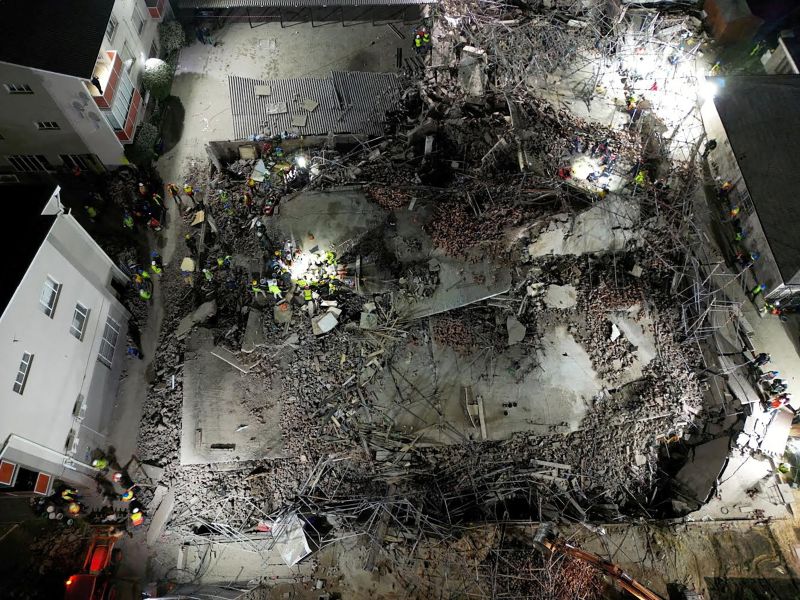 Eurovision, the world-famous song contest, is gearing up for one of its most high-stakes events yet. There has been increasing tension due to the planned participation of Israel, a country whose political situation has long been contentious internationally. This decision has stirred anger, with not only protesters taking to the streets, but also some artists declaring their discomfort and even considering withdrawal from the competition.
Eurovision, the world-famous song contest, is gearing up for one of its most high-stakes events yet. There has been increasing tension due to the planned participation of Israel, a country whose political situation has long been contentious internationally. This decision has stirred anger, with not only protesters taking to the streets, but also some artists declaring their discomfort and even considering withdrawal from the competition.
Israel was entitled to host the 2019 contest after their victory in the 2018 event, which was held in Lisbon, Portugal. However, the decision has faced numerous controversies, largely due to the ongoing Israeli-Palestinian conflict. Critics have leveraged these political issues to protest against Israel’s participation and hosting of the Eurovision Song Contest and are demanding a boycott.
Several artists from various countries have also expressed their concern and disapproval. Some have even threatened to withdraw from the competition altogether. This unprecedented situation presents a notable challenge to the Eurovision’s longstanding mission to foster unity through music, free from political dissent.
Eurovision organizers have tried to maintain the contest’s position as a non-political event and have called for respect for this principle. The European Broadcasting Union (EBU), which organizes the contest, stated that they will ensure the safety and security of all participants and attendees.
Despite these efforts, the situation remains uncertain and tense as the Eurovision contest draws closer, threatening to overshadow the joy and celebration that usually accompany this popular event. Time will tell how the contest unfolds in the face





